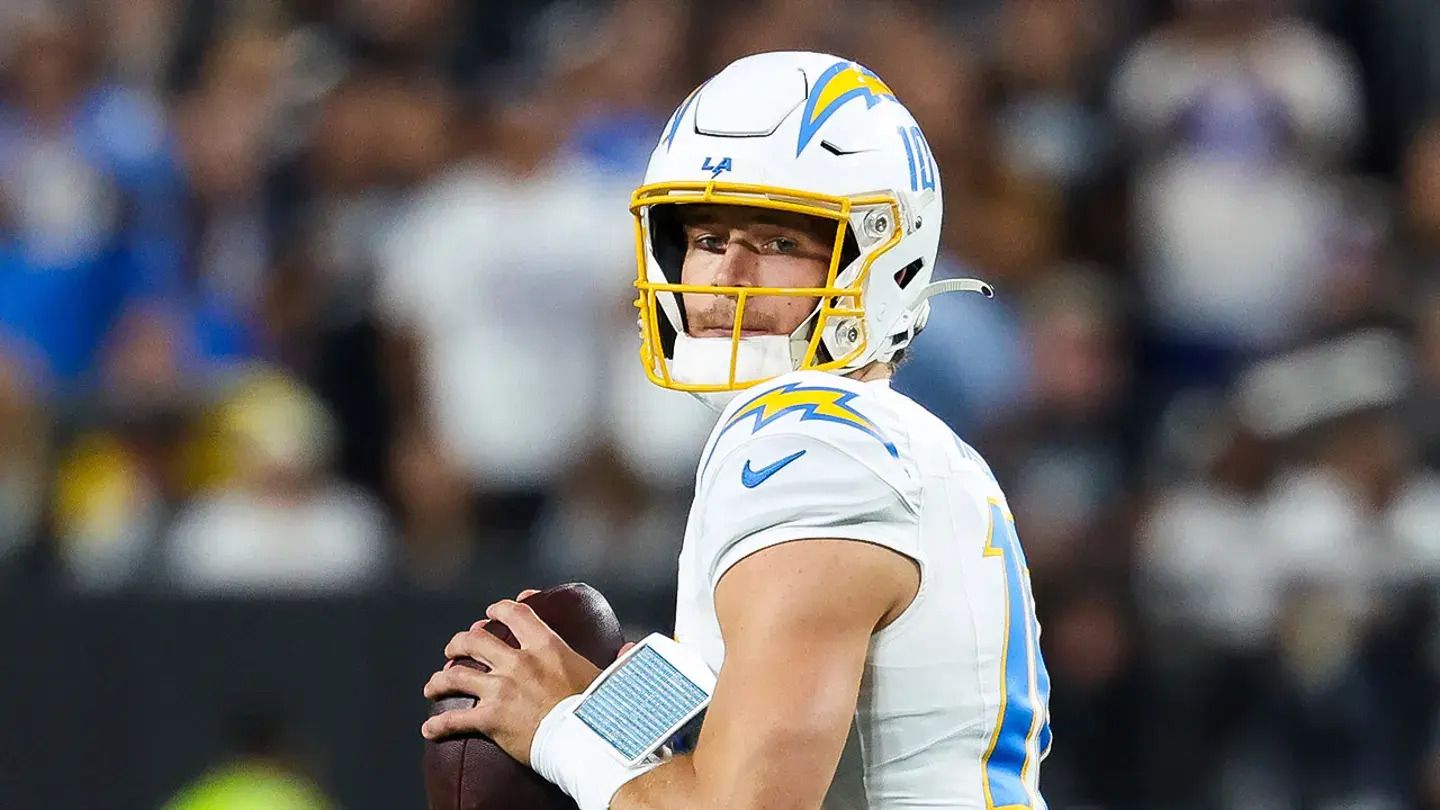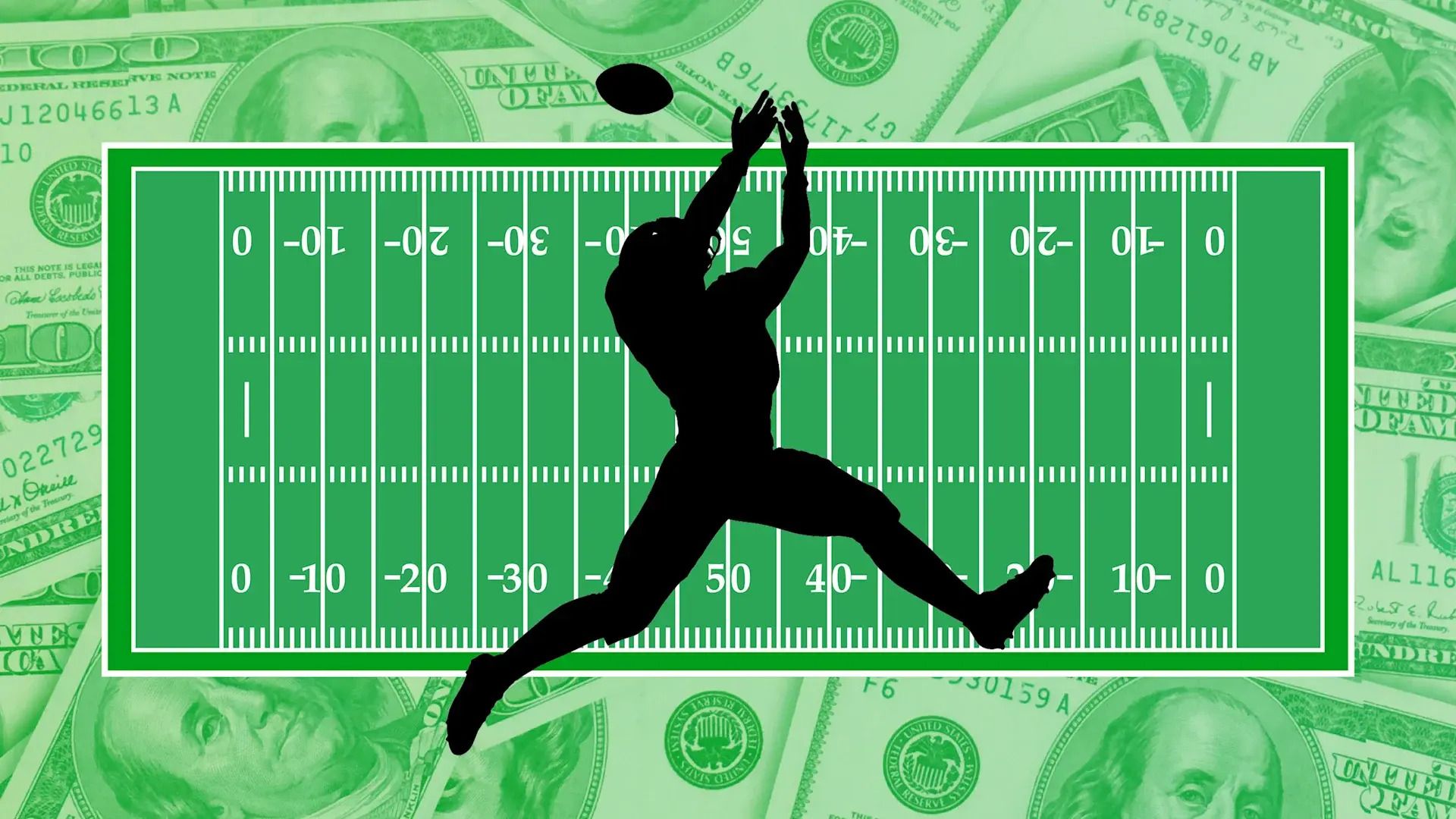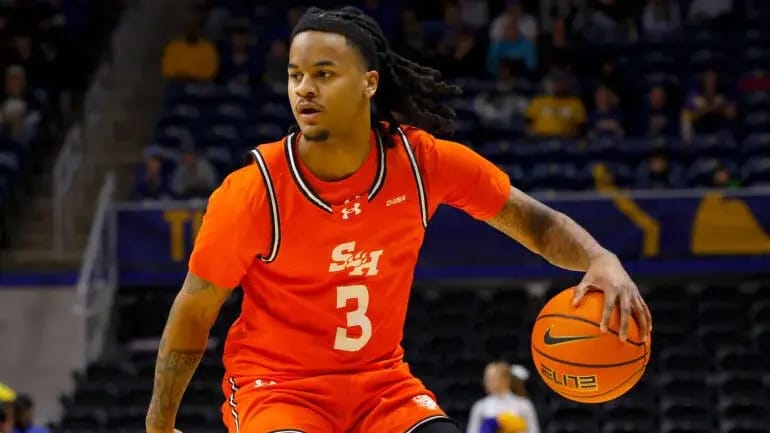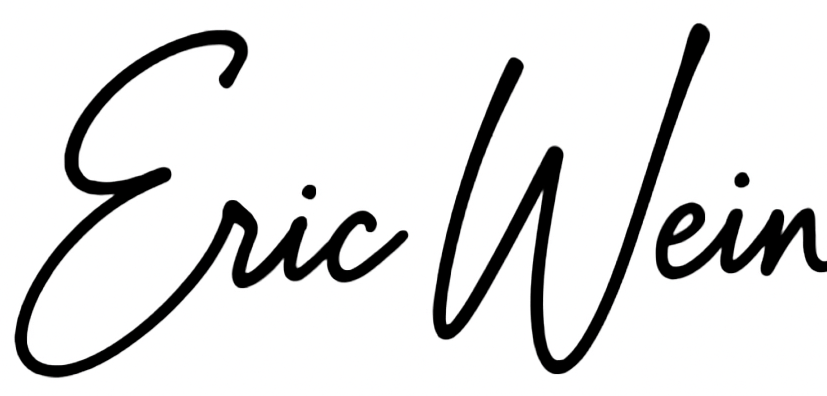The NCAA’s latest scandal — 13 men’s basketball players across six schools tied to gambling schemes — shows how easy it is to manipulate outcomes and profit before investigators step in. Players are accused of betting on and against their own teams, leaking inside information, and even altering play. By the time enforcement catches up, the damage to integrity and fan trust is already done.
The probe involves former players from Eastern Michigan, Temple, Arizona State, New Orleans, North Carolina A&T, and Mississippi Valley State. The NCAA won’t release names until the infractions process is complete, and none of the athletes are still enrolled at the schools where the incidents occurred.
The bigger worry: have we watched games unknowingly shaped by gambling manipulation? A missed free throw, a surprising offensive rebound, or a sudden substitution could quietly swing bets and even tournament outcomes. That uncertainty shakes the foundation of college sports.
In response, the NCAA has floated eliminating player prop bets, strengthening real-time monitoring with sportsbooks, and imposing tougher penalties on players, coaches, and referees. Meanwhile, lawmakers may also target the flood of gambling ads saturating broadcasts and arenas.
Legal sports betting is here to stay, but the rules — and the way it’s marketed — may soon change.

Sports as escapism during difficult national events
I look forward to football on Saturdays and Sundays (and Mondays and Thursdays if I make the time) to see how players and teams perform in various settings.
Last week’s events were especially tragic and required an escape.
First, there was the disturbing and alarming violence that took place in a Utah university courtyard with 3,000+ mostly college students witnessing it in-person while also fearing for their own lives and safety. Those individuals may be traumatized for the rest of their lives with some sort of PTSD. Words shouldn’t invoke violence.
And then Thursday was the 24th anniversary of 9/11. For those of us who lived through that day, it was a different horror. We had a lot of fear that day, as we should have.
Anyway, we need the distraction of live, unexpected outcomes that are mostly family friendly.
Let’s get into this week’s topics.
Feel free to drop us an email and let us know what you think.
If you know someone else who would like this newsletter, send it to them. They can subscribe here.
Lastly, if this isn’t for you, the unsubscribe link is at the end of each email.
In honor of another Chargers victory, enjoy this photo of quarterback Justin Herbert.

Joy in Knoxville: Quarterback swap puts Tennessee in a better spot than UCLA
Last week, we highlighted the problems with UCLA football, including its large NIL payout for Nico Iamaleava and the team’s and quarterback’s poor play on the field after its first two games. Now, a week later, after UCLA was blown out by New Mexico at home, the university let go of its head coach.
Iamaleava is a large piece of the current and upcoming fallout.
When he left Tennessee in the offseason, the Vols then brought in Joey Aguilar, who also had NIL interest while at UCLA. Aguilar’s deal with Tennessee is reportedly worth about $1.2 million, matching what he had left on his UCLA deal but still “seven figures less” than what Iamaleava was aiming for.
The change raises questions about value expectations in NIL negotiations — how much schools are willing to pay, and what athletes will demand.
As Colin Cowherd said this week, Iamaleava probably got really bad advice from those around him. It should serve as a cautionary tale for future transfers.

Tennessee quarterback Joey Aguilar
College sports’ $2.8B turning point
College athletics just crossed a line. For the first time, universities are paying athletes directly — thanks to a $2.8 billion settlement that allows schools to share up to $20.5 million per year with their players. What began as endorsement money through NIL has now exploded into something far bigger: institutional paychecks.
It wasn’t long ago that NIL deals were the main attraction. In 2021, athletes signing brand partnerships felt revolutionary. Today, those local sponsorships look small compared to the money schools and private investors are bringing in. Booster collectives, once central to this movement, are quickly being overshadowed by more formal — and far richer — systems of support.
But there’s a catch. Even as the dollars rise, athletes aren’t recognized as employees. Without unions, licensing deals, or collective bargaining power, they risk being left with crumbs while universities and investors pocket the bulk of the profits. Professional leagues like the NFL and NBA have protections in place; college players don’t.
The result is that college sports are starting to look and feel a lot more like the pros. The money will keep flowing, but the real question is whether athletes will finally gain the protections—and the leverage—to secure a fair share of this new era.

Transfer Lamar Wilkerson gives back to his prior university
Indiana guard Lamar Wilkerson made headlines not just for his play, but for his generosity. After transferring from Sam Houston State — where he blossomed into one of the nation’s top scorers — Wilkerson donated six figures in NIL money back to his former school. He described it as an act of gratitude toward the program, coaches, and community that had supported him for three years. “I did it out of love,” he said, wanting to see Sam Houston continue to grow even as he embarks on a new chapter at Indiana.
Such a move is extraordinary in today’s NIL world. Transfers often look ahead to new opportunities, but Wilkerson chose to honor his past, strengthening bonds with his former school and showing appreciation in a tangible way. While it’s unlikely to become a trend — most athletes won’t be in a position to do the same —this gift stands out as a rare and gracious gesture.
For Sam Houston, it’s a reminder of the impact they had in shaping Wilkerson’s career. For the broader college sports world, it’s an example of how NIL can be about more than personal gain — it can also be a bridge of loyalty and respect between athletes and the programs that developed them.
What a brilliant gesture by a grateful player. I wish this were more prevalent even if it’s not common.

Lamar Wilkerson playing for Sam Houston State.
Florida State’s Earl Little Jr. shows the authentic joy of partnering with Popeyes
Florida State defensive back Earl Little Jr. didn’t just land his first NIL deal — he celebrated it with genuine excitement. Partnering with Popeyes, a brand he grew up loving, Little posted photos surrounded by wings and biscuits, calling it a “surreal feeling” to work with a company tied to his childhood.
This isn’t just another sponsorship. For athletes like Little, NIL deals represent prestige, brand-building, and the thrill of connecting with companies they truly enjoy.
Little’s enthusiasm underscores a bigger truth: NIL isn’t a burden for athletes — it’s an opportunity they want. The chance to represent a brand they authentically love fuels their personal brand and shows how powerful these partnerships can be for both sides.

Florida State defensive back Earl Little Jr. for Popeyes.
Quick Hits
LSU quarterback Garrett Nussmeier—fresh off a 4,000+ yard, 29-touchdown season—has signed a major NIL deal with Nike, building on a $4 million On3 valuation and continuing his rise as one of college football’s top returning QBs. (On3)
Ohio State stars James Peoples and Luke Montgomery have signed an NIL deal with TRUFF hot sauce, creating content that shows how the truffle-infused flavor fuels their routines both on and off the field (SI.com)
CAVA has launched a new NIL campaign with Georgia QB Gunner Stockton, TE Oscar Delp, and Texas RBs CJ Baxter and Tre Wisner, debuting “The Shawarmup” to highlight how the brand fuels athletes with real, nourishing food. The deals, facilitated by Yellow Dot Sports Marketing, blend college football star power with CAVA’s fast-casual growth.
Overtime
Hope you’re enjoying the Game Changers newsletter.
Brought to you by Eric Wein from Athletes Endorse, a Los Angeles-based agency that creates sales-driven athlete marketing campaigns, with a money-back guarantee in under 30 days.
Email: [email protected]
Thank you for reading.
Until next week,

Athletes Endorse helps brands connect with athletes that drive sales.

